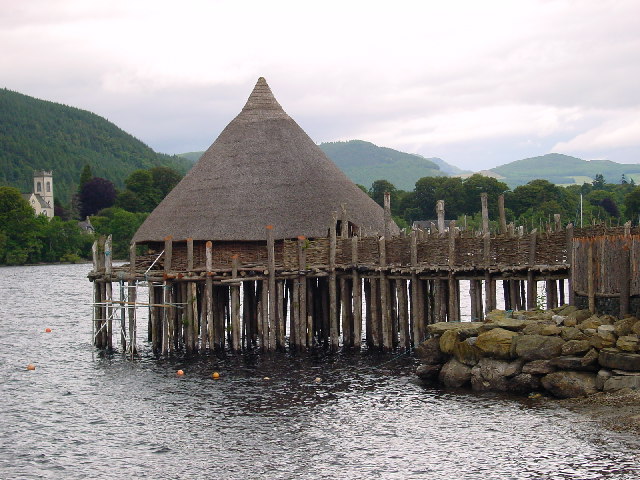Boreades wrote: Would you like to go sailing there again?
The SS Golden Rivet is now seaworthy.
I'm just a dilettante sailor, sounds fun though.
Boreades wrote: Would you like to go sailing there again?
The SS Golden Rivet is now seaworthy.


'Archaeologists are searching for the lost tribes of prehistoric Britain – at the bottom of the North Sea.
In a unique and ground-breaking operation, scientists plan to search for evidence of Stone Age human activity on Britain’s very own ‘Atlantis’ – a vast prehistoric land, once located between England and southern Scandinavia, which was engulfed by rising sea levels some 7500 years ago.
The archaeologists hope to find evidence of flint tool manufacture, plant pollen and the DNA of plant and animal species used by the long-lost land’s ancient inhabitants. Due to be launched later this month, the multi-million pound project is the largest of its kind ever attempted anywhere in the world and will lead to the development by British scientists of an entire range of new scientific techniques and capabilities.'
hvered wrote:The 'Thing' which made horrible droning noises .
TisILeclerc wrote:Here's a job opportunity for Cap'n Borry of the SS Golden Rivet...You could make a fortune Borry.
ERMELAND, or ERN - Land (Varmia), a district of Germany, in East Prussia, extending from the Frisches Haff, a bay in the Baltic, inland towards the Polish frontier. It is a well-wooded sandy tract of country, has an area of about 1650 sq. m., a population of 240,000, and is divided into the districts of Braunsberg, Heilsberg, Russel and Allenstein.
Ermeland was originally one of the eleven districts of old Prussia and was occupied by the Teutonic Knights (Deutscher Orden), being made in 1250 one of the four bishoprics of the country under their sway. The bishop of Ermeland shortly afterwards declared himself independent of the order, and became a prince of the Empire.

[Frauenberg translates as 'Our Lady's Fortress', cf. Marienburg]Among the bishops of the see, which still exists, with its seat in Frauenberg, may be mentioned Aeneas Sylvius Piccolomini, afterwards Pope Pius II., and Cardinal Stanislaus Hosius (1504-1579), the founder of the Jesuit college in Braunsberg.
The first traces of human settlement in the region come from roughly 14 to 15 thousand years ago: traces of settlements made by the Lusatian culture (thirteenth—fifth century BC), including above-ground water housings and artificial islands.
Users browsing this forum: No registered users and 8 guests